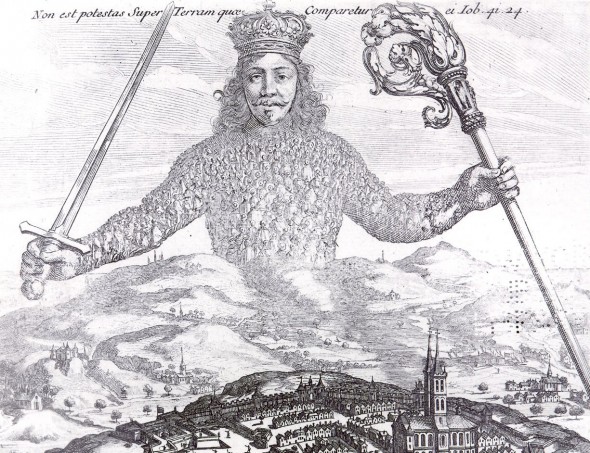1. During the time men live without a common power to keep them all in awe, they are in that conditions called war; and such a war, as if of every man, against every man.
2. In a state of war no arts; no letters; no society; and which is worst of all, continual fear and danger of violent death; and the life of man, solitary, poor, nasty, brutish, and short.
3. To this war of every man against every man, this also in consequent; that nothing can be unjust. The notions of right and wrong, justice and injustice have there no place. Where there is no common power, there is no law, where no law, no injustice.
4. Moral philosophy is nothing else but the science of what is good, and evil, in the conversation, and society of mankind. Good, and evil, are names that signify our appetites, and aversions; which in different tempers, customs, and doctrines of men, are different.
5. Hope For Appetite with an opinion of attaining, is called HOPE Despaire The same, without such opinion, DESPAIRE.
6. Dejection, subjects a man to causelesse fears; which is a Madnesse commonly called MELANCHOLY, apparent also in divers manners; as in haunting of solitudes, and graves; in superstitious behaviour; and in fearing some one, some another particular thing.
7. Feare of things invisible, is the naturall Seed of that, which every one in himself calleth Religion; and in them that worship, or feare that Power otherwise than they do, Superstition.
8. Science is the knowledge of Consequences, and dependence of one fact upon another.
9. Understanding being nothing else, but conception caused by Speech.
10. Sudden glory is the passion which maketh those grimaces called laughter.
11. To Prudence, if you adde the use of unjust, or dishonest means, such as usually are prompted to men by Feare, or Want; you have that Crooked Wisdome, which is called CRAFT; which is a signe of Pusillanimity.
12. By Manners, I mean not here decency of behaviour; as how one man should salute another, or how a man should wash his mouth, or pick his teeth before company, and such other points of the small morals; but those qualities of mankind that concern their living together in peace and unity.
13. For such is the nature of men, that howsoever they may acknowledge many others to be more witty, or more eloquent, or more learned; Yet they will hardly believe there be many so wise as themselves: For they see their own wit at hand, and other men’s at a distance.
14. The privilege of absurdity; to which no living creature is subject but man only.

